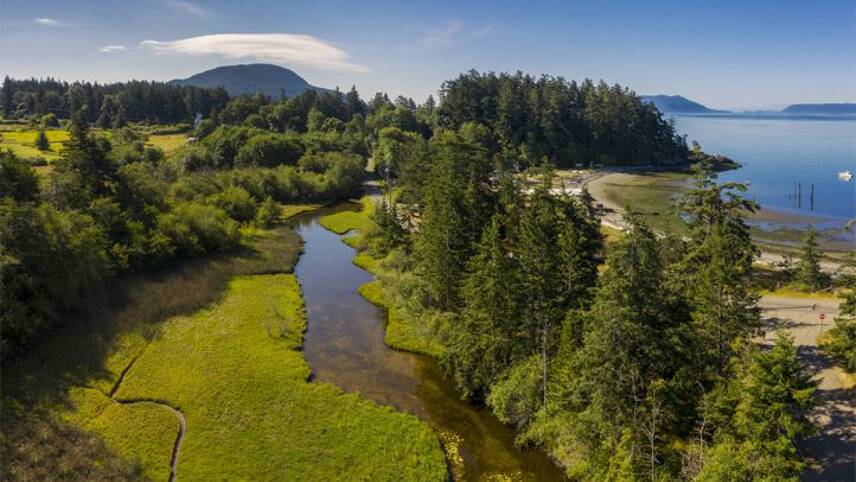Register for free and continue reading
Join our growing army of changemakers and get unlimited access to our premium content

Members of the new Coalition will be assisted to prioritise already water-stressed regions in their supply chains
Orchestrated by the UN Global Compact (UNGC) under its CEO Water Mandate, the newly unveiled Water Resilience Coalition aims to elevate water stress within the corporate agenda and unify businesses in preserving the world’s freshwater resources.
In order to join the Coalition, executives must pledge to deliver a measurable net-positive impact on water resources through to 2050, across all water-stressed basins and regions in their supply chains and direct operations.
They must also vow to develop, implement, enable and support water resilience practices across 100% of the business’s global value chain – also by 2050.
This particular call to action echoes those made by the UN in this year’s World Water Development report; a document charting existing water infrastructure challenges, and how they will be exacerbated by climate change. One of the report’s key conclusions was that, of the climate finance allocated globally in 2016, less than 7% went to adaptation and resilience.
The Water Resilience Coalition’s third and final requirement for corporates is that they adopt a leadership position on water resilience, increasing engagement with consumers, investors and policymakers on the issue.
AB InBev, Diageo, Dow, EcoLab, Gap, Microsoft and PVH Corporation are the founding corporate members of the Coalition, while The Coca-Cola Company, Heineken, Levi Strauss and Woolworths have also signed up.
As well as support from UNCG, the member corporates will receive advise from Edelman and McKinsey & Company – the Coalition’s chosen consultancies – and from a string of non-profit organisations including the World Resources Institute (WRI), The Nature Conservancy and Water.org.
“Given its dependence on freshwater resources, the private sector has a vested interest in ensuring that these resources are sustainable, resilient and ample enough to serve both the needs of society and industry,” UNGC said in a statement.
“The Water Resilience Coalition will ground its work in building the resilience of water-stressed basins around the world – prioritising those that pose the greatest risk to local communities and economies, industry and long-term economic prosperity. Through collaboration, investment in infrastructure, innovation and policy advocacy – and by engaging supply chain partners and NGOs in the effort – businesses can help lead the way on water basin resilience.”
World Water Day
The launch of the Coalition came on World Water Day – usually one of the biggest occasions in the global sustainability calendar, but this year, like much else, overshadowed by the coronavirus pandemic.
Research conducted by WaterAid ahead of the occasion found that, among the ten countries with the lowest number of people with access to water close to home, an average of just 65p per person, per year is spent on climate finance for water service adaptation.
Off the back of this analysis, the charity is campaigning for a rapid ten-fold increase in climate finance for water service adaptation, prioritising nations where universal clean water access is not yet available. This campaign is being supported by members of the Prince of Wales’ Corporate Leaders Group.
Sarah George


Please login or Register to leave a comment.